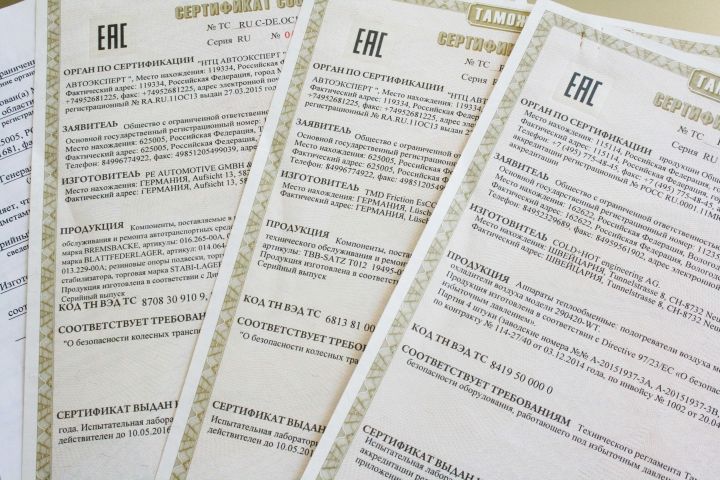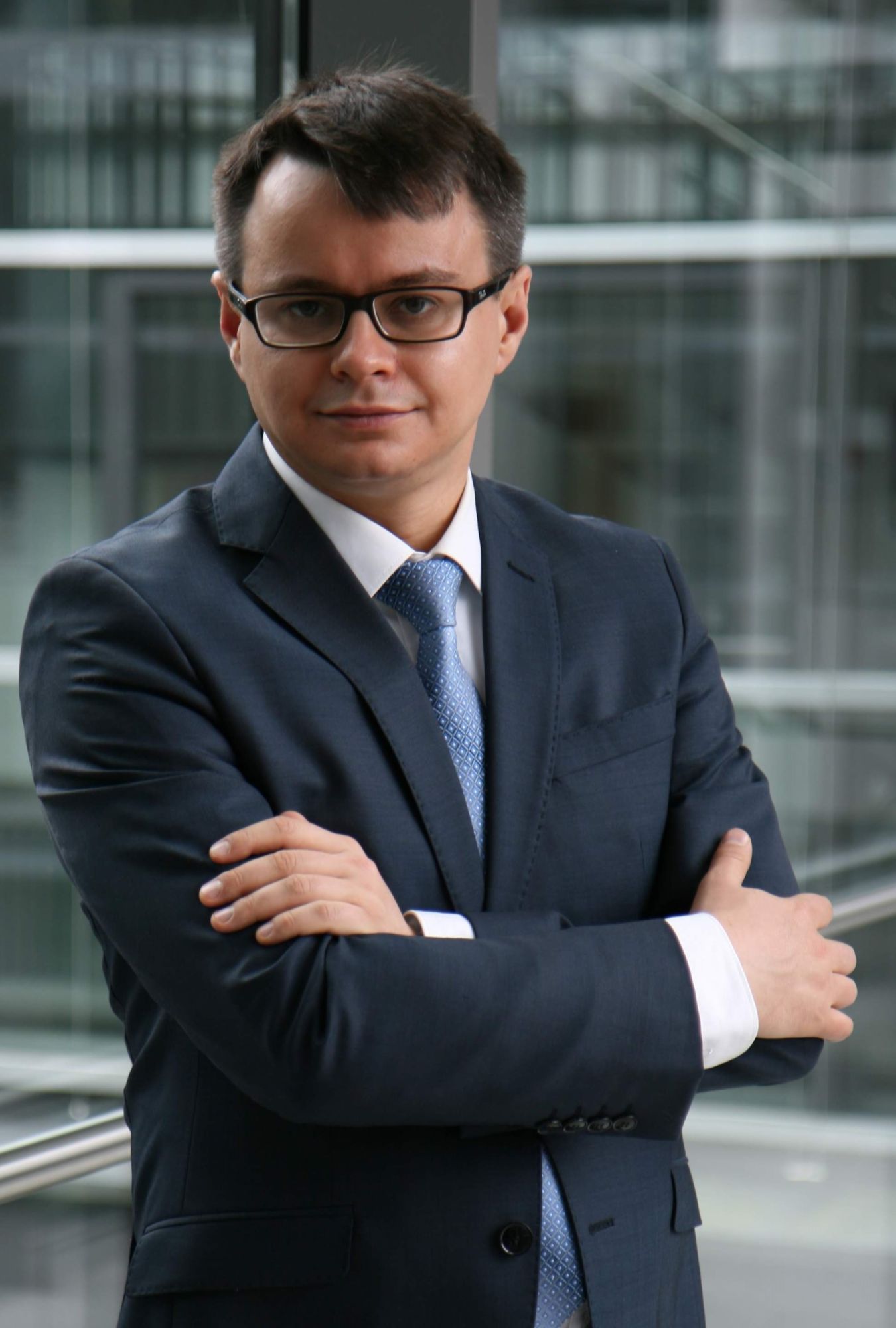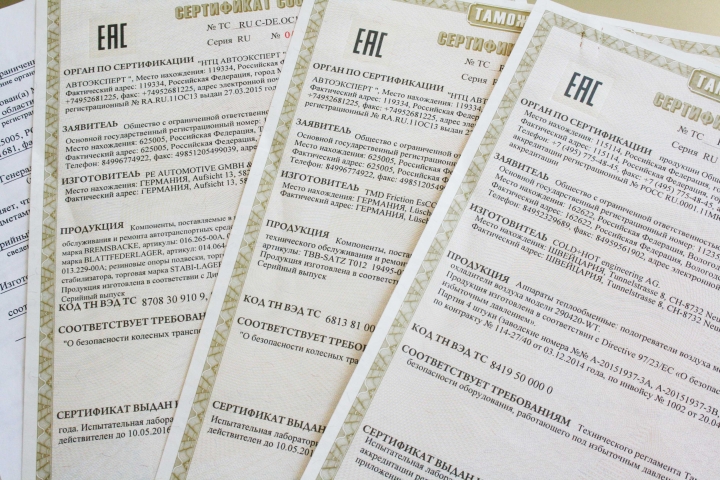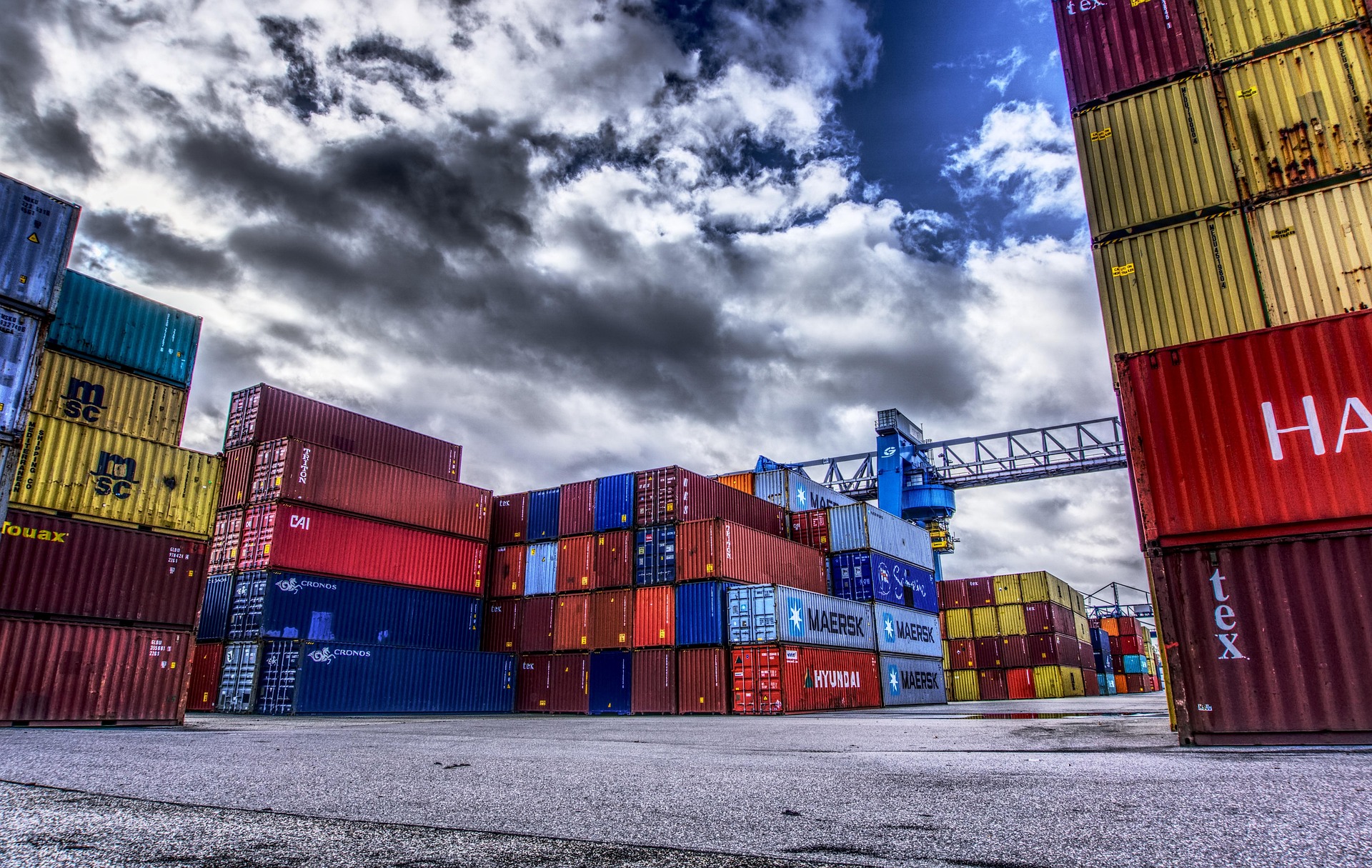
Despite sanctions and political disputes, the Eurasian and especially the Russian market remain attractive for many european manufacturers. The corresponding conformity assessment - EAC certification or EAC declaration - is a major obstacle for many foreign entrepreneurs due to its complexity, language differences and the very dynamic development of technical regulations and legislation in the field of industrial safety and consumer protection.
Since the EAC certification is not only associated with a large financial and time outlay, but may also represent a major risk for the manufacturer or importer, they are often unsure and often do not know how to carry out an EAC certification correctly and what to look out for.
In the following we explain the most important aspects:
Consulting company
As the topic of EAC certification is quite complex, it is important for manufacturers to find an experienced, competent and reputable partner right from the start, who can give advice in all phases of conformity assessment.
Large corporations usually have extensive know-how and profound knowledge in the field of quality assurance, CE conformity and export. Nevertheless, they often reach the limits of their competences and therefore need external advice. This is especially true for medium-sized and smaller companies, which can neither afford employees with the appropriate linguistic and technical skills, nor acquire extensive expertise.
The task of an advisory company is to
- help the manufacturer with the EAC certification,
- to correctly classify the products, prepare the necessary technical documentation and translate it without errors,
- and, above all, to select a proper accredited certification body, a suitable testing laboratory and a sincere authorized representative.
The reason why the consulting company plays such an important role in certification is that the consulting company, and not the certification body, will be the contact during the course of EAC certification. Experience shows that manufacturers often wait in vain for support or information from the certification body once the invoice has been paid.
Therefore, the independence of the consulting company from the certification body is crucial for a successful and smooth process. It is advantageous to have a competent advisor at your side who can support you in case of doubt.
Since dubious providers often hide behind the supposedly most renowned and state-accredited service providers, one should pay attention to the following things when choosing a consulting company:
- references from other clients in the same industry sector
- proper registration in the commercial register
- transparent company structure
Authorized representative
According to the current law of the Eurasian Economic Union, only the companies established on the territory of the EAEU may apply for EAC certification or the registration of EAC declaration.
Companies located outside the Eurasian Economic Union, for example in Germany or other EU countries, are generally not entitled to self-certify their own products. This is because it can be difficult for the relevant regulatory authorities in the EAEU to enforce the requirements, especially if foreign companies violate the technical regulations.
This problem can be avoided by appointing an authorized representative in the Eurasian Economic Union to carry out the certification on behalf of the manufacturer.
As the authorized representative serves as contact point for market surveillance, the following conditions must be met:
- The authorized representative has to be registered in the territory of one of the member states of the Economic Union.
- A contract between the manufacturer and the authorized representative to carry out the EAC certification or the EAC declaration must be concluded.
- The authorized representative assumes responsibility for compliance with the quality and safety standards.
Furthermore, the authorized representative and not the manufacturer is the owner of the EAC certificate or declaration. Only the authorized representative, as applicant, can decide who may use the EAC certificate. This means that at the request of the manufacturer, the authorized representative must issue a power of attorney to each importer in the Eurasian Economic Union so that the importer - usually the buyer - can present it to customs at the moment of import clearance. Without a power of attorney, the goods will not be released for free circulation and, in the worst case, will have to be disposed of at the shipper's expense.
The producer thus becomes somewhat dependent on his representative. Unfortunately, it is not uncommon for the authorized representative to suddenly vanish into thin air and disappear. Thus, no new power of attorney can be granted and very valuable certificates for which the representative was named as an applicant can no longer be used.
Therefore, it is extremely important to choose a reliable and trustworthy authorized representative for the EAC conformity assessment.
One should look out for,
- whether the authorized representative has been duly registered in the Commercial Register of one of the member states of the EAEU,
- whether the authorized representative has existed on the market for a long time and it is not a “fly-by-night” company,
- whether a contract has been signed between the manufacturer and the authorized representative
- and most importantly, whether the fee for the proxy has been specified in the contract.
Certification body
The certification body plays a central role in the EAC certification process.
Tasks of the certification body:
- identification and classification of the product
- taking samples for the subsequent tests
- determination of the technical regulations which correspond to the type of the product
- shipment of the samples to the accredited laboratory
- analysis and assessment of the technical documentation
- implementation of the production audit
- issuance of the certificate
The services of the certification body are one of the most important cost factors of the whole conformity assessment procedure. Therefore, the certification body should be carefully selected.
Frequent frauds
Unfortunately, certification bodies still dominate the market today, issuing EAC certificates without any verification of products on the largest possible scale in order to enrich themselves. In some cases, they have established very unscrupulous business practices and use extremely non-transparent business structures that make it very difficult to trace them.
In order to obtain the EAC certificate, test records or final reports are often falsified. Therefore, since 2019, the supervisory authorities, including customs, have been authorized to inspect audit protocols and final reports. In addition, it is necessary to check whether samples for the audits have really been introduced and whether an accredited expert has conducted the audit for EAC certification. As a result, there are hardly any EAC certificates anymore that have been issued despite a breach of the rules.
Furthermore, it was also problematic to carry out the inspection control, as there was legal uncertainty in this respect for a long time. The obligation to carry out the inspection control was specified in the technical codes, but there were no standards describing the inspection control procedure. There were also no sanctions specified if the inspection control was not carried out on time or at all. Certification bodies have abused this legal loophole for years and have not informed the manufacturer of the need for an inspection control or have falsely claimed to have carried out an inspection control.
To close this legal loophole, it has been possible to transfer the inspection control to another certification body since January 1, 2020.
The above mentioned reasons show that the selection of a certification body is an essential step of the conformity assessment procedure. We therefore recommend that you discuss this matter with an experienced and professional consultant.
Test centers and test reports
There are two types of laboratories: accredited and non-accredited laboratories.
In the EAC declaration procedure, the test reports may be issued by both an accredited and a non-accredited laboratory. If you choose to use a non-accredited laboratory, you must choose the laboratory carefully. Some laboratories do not have the necessary personnel or equipment for testing. It often occurs that such laboratories are unable to provide a certificate of trade registration and therefore have no responsibility for their actions. EAC declarations issued on the basis of test reports from such laboratories are declared invalid after verification by supervisory authorities such as Customs, Federal Service for Supervision in the Field of Consumer Rights Protection or Rosstandart.
The EAC certification procedure requires test reports issued only by a laboratory accredited in the EAEU and listed in the national part of the register of accredited examiners. The certification body may select the laboratory and then sends the samples for testing.
Unfortunately, some certification bodies may deceive inexperienced clients and falsify test reports without actually sending the samples to the testing laboratory. As a result, the issued EAC certificates become invalid. It is also possible that the test reports themselves are falsified by the testing laboratories. For this reason, thousands of EAC certificates are revoked following inspections by supervisory authorities.
Conformity assessment procedures in Russia and the EAEU are constantly changing and being re-regulated. Legal regulations and standards are updated almost daily, as business practices that were generally accepted yesterday may no longer be appropriate today. In order to keep up to date, we recommend that you contact a competent and experienced partner.
Compliance with EU and US sanctions in the context of EAC Certification

In addition to the technical regulations of the Eurasian Economic Union (EAEU), European and international companies must also comply with the applicable sanctions of the European Union and the United States when undergoing EAC certification. These regulations particularly concern the export of certain goods, trade with listed individuals and entities, and the provision of technical services. Non-compliance may not only jeopardize business relationships but also entail civil and criminal liability.
The situation is especially critical for exports to Russia and Belarus. Due to the geopolitical situation, numerous embargoes and restrictive measures have been imposed since 2014, which can directly affect the conformity assessment process. For example, it is possible that conformity assessment bodies or business partners in the affected countries are listed on sanctions lists, making cooperation legally impermissible. Therefore, companies must carefully review not only the technical regulations but also the current EU and US sanctions lists.
Another risk arises if a shipment is blocked due to sanctions violations. Even a formally correct conformity assessment does not provide legal certainty in such cases. Therefore, close coordination between compliance departments, export control officers, and certification partners is essential to avoid legal conflicts and to secure the supply chains.
Companies that aim to successfully export their objects of conformity assessment (products) to Kazakhstan, Russia, or other EAEU Member States should not focus solely on compliance with technical regulations but also ensure comprehensive sanctions compliance. This includes reviewing the end-use of products and selecting appropriate authorized representatives and local partners.
Schmidt & Schmidt provides a legally compliant solution via Kazakhstan. As an EAEU Member State, Kazakhstan is authorized to issue EAC certificates and EAC declarations. Through our local offices, we ensure that all conformity assessment processes are carried out in compliance with European and US sanctions regulations while enabling our clients to access the EAEU market.
Detailed information on current developments can be found in our article: EAC Certification Amid EU and US Sanctions against Russia and Belarus.
What is an EAC Certification?
In our video, we explain what an EAC Certification is and how and where to certify or declare your products for the introduction on the EAEU market.
The EAC Certification and the EAC Declaration are complex procedures that attest your products the conformity with the technical regulations of the EAEU and require a lot of know-how. Schmidt & Schmidt will support you with the certification of your products for the EAEU market.
How can we help?
In this rapidly changing regulatory environment, Schmidt & Schmidt offers comprehensive support for exporters to the EAEU countries. Our service portfolio includes EAC certification, customization to specific product categories and tailored solutions to comply with the technical and legal requirements of these markets. We are committed to making it easier for companies to enter and expand in these regions by providing the most up-to-date information and guidelines.
Technical expertise, care and accuracy in the preparation of documents are the prerequisite for problem-free distribution and use of products, machines or systems in the EAEU territory. The technical documentation must also be written in Russian or in the official language of the respective member country in which the product is to be sold or used. In order to avoid any problems, we will be happy to help you create new technical documents or check existing documents for completeness and linguistic and terminological correctness in Russian.
Thanks to their many years of experience, our experts can also provide you with specific industry knowledge from plant engineering, mechanical engineering, metal construction, measurement technology, electrical engineering, automation technology, medical technology, food technology and the furniture industry.





